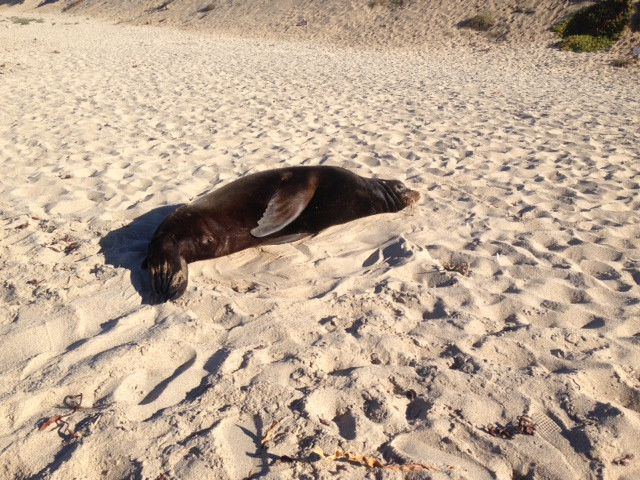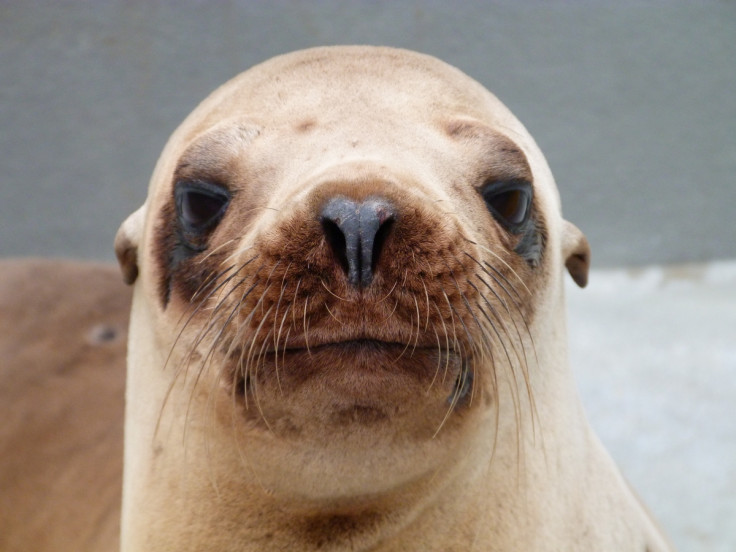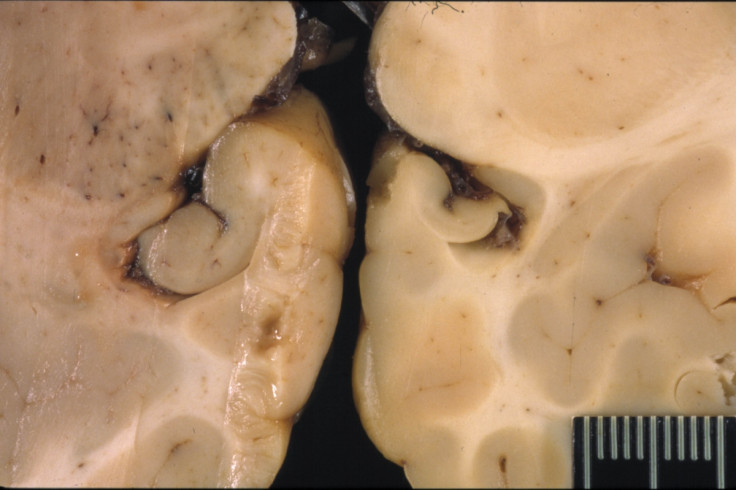Toxin causes record numbers of sea lions to become stranded on beaches

A naturally-occurring marine toxin that affects sea lions' navigational ability causes shore strandings, say researchers. The toxin, domoic acid, is produced by marine algae, and chronic exposure in sea lions causes disorientation and seizures.
The researchers from the University of California found that beach-stranded sea lions suffered from domoic acid poisoning, which damages the hippocampus part of the brain. The hippocampus is the centre of memory and emotion in the brain.

"In this study, we were able to correlate the extent of hippocampal damage to specific behavioural impairments relevant to the animals' survival in the wild," said Peter Cook, now at Emory University and leader of the research team. "This is the first evidence of changes to brain networks in exposed sea lions, and suggests that these animals may be suffering a broad disruption of memory, not just spatial memory deficits."
The study, published in Science, looked at 30 California sea lions, which were in care at the Marine Mammal Center, in Sausalito, north of San Francisco. The researchers conducted behavioural tests, and MRI scans on the sea lions to look for the link between the toxin and strandings.
The behavioural test compared the memory of sea lions to rats. Both sets of animals were subject to a 'T-maze', which results in treats if they can remember which way to go round the maze. The MRI scans showed experts the structural damage in the brain – most notably the hippocampus.
Researcher Charan Ranganath said: "We could see structural differences, so we decided to get some functional data while the animals were in the scanner."

They found that interaction between the hippocampus and other regions of the brain was significantly impaired by domoic acid poisoning. Interaction to the thalamus was most affected – the part of the brain which controls sensory and motor signal relay, as well as regulating the need for sleep.
The next step for the researchers is to investigate the effects of dosage on the sea lions. They want to understand how much domoic acid is needed to have this effect on the hippocampus, and in turn, cause shore strandings.
2015 saw record numbers of sea lion strandings, especially in California. The population of sea lions has increased 30 times since the 1950s in the Golden State, and the combined number of sea lion pups found on beaches in January and February was 20 times the average rate for those months.
© Copyright IBTimes 2025. All rights reserved.






















